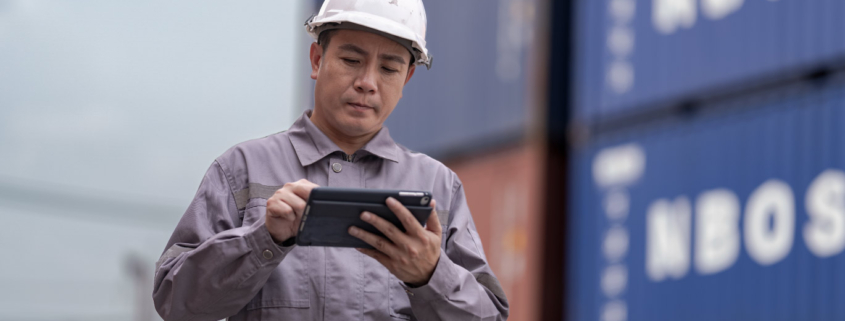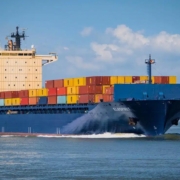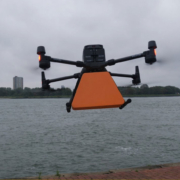Digitalization in Ports: From Paperwork to Blockchain
For decades, ports have operated with piles of paperwork, manual procedures, and slow administrative processes that complicated supply chain efficiency. But that’s changing. Today, port digitalization is no longer optional — it’s a strategic necessity. And it’s not just about PDF forms or barcode scanners.
The future lies in blockchain, automation, real-time traceability, and intelligent platforms.
From Paperwork to Chaos: Why Port Logistics Needed a Digital Shift
Traditional port processes often relied on:
- Multiple physical routing documents
- Manual authorizations
- In-person payments
- Duplicated or poorly managed documentation
- Unnecessary waiting times for cargo release or approvals
All this led to delays, additional costs, human error, and lack of visibility across the logistics chain.
What Does It Mean to Digitalize a Port?
Port digitalization means replacing analog processes with connected, automated, and online-accessible solutions. This includes:
- Electronic Data Interchange (EDI) for coordination between shipping lines, terminals, and customs
- Automated payment systems for port services, fees, and taxes
- Real-time cargo traceability
- Centralized logistics platforms to manage ground services, authorizations, and documentation from a single interface
- Blockchain integration to ensure data integrity, immutability, and transparency
Why Is Blockchain Key to This Transformation?
Blockchain allows every transaction or document to be recorded and validated without intermediaries, ensuring that information cannot be altered.
Main Benefits:
- Security: every change is logged and auditable
- Speed: removes unnecessary approval steps
- Paper reduction: smart contracts automate payments and container release processes
- Interoperability: ports, shipping lines, banks, and insurers can operate on the same trusted system
For instance, the TradeLens system (developed by IBM and Maersk) reduced cargo clearance times by up to 40% using blockchain before its closure. Today, new decentralized platforms are continuing that legacy across Europe, Asia, and Latin America.
What Does Global Logistics Gain from Digital Ports?
- Reduced port time per vessel, thanks to pre-clearance and online processing
- More reliable shipments: connected data from origin to destination
- Centralized, real-time information for all logistics stakeholders
- Lower costs through fewer errors, less paperwork, and reduced intermediaries
- Sustainability: less paper, less idle time, less wasted fuel
How GP Nauticals Supports This Digitalization
GP Nauticals is a technology platform built to modernize maritime and port operations. We provide:
Automated Port and Airport Payment Solutions
- Payments via virtual cards, QR codes, ACH, or stored accounts
- Invoice management and downloads from multiple ports and service providers
- Consolidated accounting across different jurisdictions
Centralized Platform for Port Services
- Request, monitor, and confirm services (tugboats, mooring, bunkering, etc.)
- Control operations via web or mobile app, with no intermediaries
- User management with access and approval levels
Integration with Blockchain and Document Traceability
- Immutable records of transactions and logistics operations
- Automatic validation of services and conditions via smart contracts
All of this enhances operational efficiency, shortens administrative times, and increases security and transparency across the port ecosystem.
From Paperwork to Blockchain: A New Paradigm
Transitioning from paper-based processes to blockchain isn’t just a technological leap — it’s a paradigm shift.
Ports that adopt digital platforms, automated payments, and blockchain-based traceability will be better positioned to compete in an increasingly fast-paced and globalized market.
Has your port or terminal started its digital transformation?
With GP Nauticals, you can centralize operations, and modernize your infrastructure with ease.
Visit our website and start digitalizing your port from the ground up.
The image in this post is licensed by Envato.









